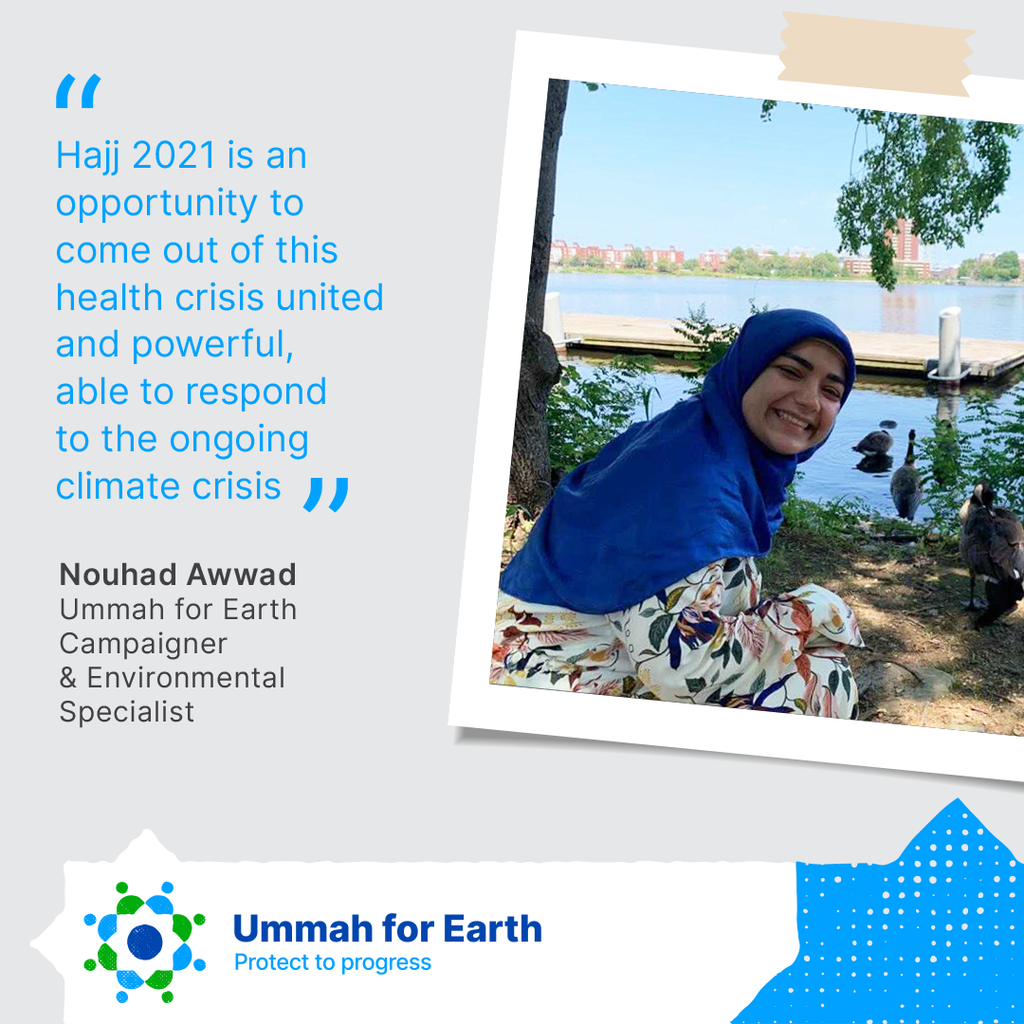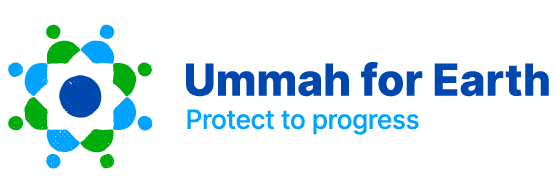An inward journey to change the world
This year has presented many challenges for humanity. For millions of Muslims, the pandemic has also meant changing the ways we pray and come together as a community. Due to Covid-19, only those of us residing in the Kingdom of Saudi Arabia are actually able to carry out Hajj this year for example.

But every challenge provides us with a lesson for adaptation. And this year, we can all look inward to Reflect and Recover Together. These past months, I had a huge shift in my lifestyle; from an outgoing person to a confined one. I could not attend mosques on Friday nor in Ramadan, nor to visit religious sites. It was a big change.
This is also the second consecutive year that we have limitations on Hajj. Each one of us has their own story about family and friends’ memories of Hajj. You can share those Hajj reflection journeys that can enlighten, inspire, connect and even create new futures.
Together, we can work to make our Ummah more resilient and stand up together against inequality, injustice, and vulnerability. Many people lost their jobs last year, many others lost people they love. Not all have access to the Covid-19 vaccines. More heatwaves, more hurricanes, and natural disasters have been happening which led poor people to become poorer and many lost their livelihoods and homes.
Together, we are one Ummah and it is our responsibility to protect the most vulnerable and most impacted by the parallel crises of rising inequality and environmental destruction.
Ummah for Earth
Ummah means community. While it is an Arabic word mentioned in the Quran, it is a term used across many Muslim countries and communities all over the world in different languages including English, French, Bahasa, Urdu, and Persian. Last year due to Covid-19, the Ummah showed its power and urgency.
Today, the Ummah (Muslim community) is facing unprecedented challenges manifested in the climate crisis, social inequality, health risks, and economic challenges. Climate change leads to natural disasters and threatens the lives of many around the world. For example, more than 1,300 residents were forced to evacuate Jakarta after the Indonesian capital was hit by severe monsoon floods.
Last month, Kuwait witnessed a heatwave where the temperatures in the north of Kuwait, Abdali and Jahra, reached 50°C. this made people more at risk. We are all at risk in different ways, but our hope lies in coming together to work and take care of each other.
This aches my heart to see our Ummah suffering daily and pushes us to support each other and work to protect these vulnerable people.
The Ummah has its own environmental framework
We as Muslims have an environmentalist framework to follow. It is set in Islam. Islam provides a values-based roadmap for tackling the problems we face today as a species.
Islam emphasizes the profound responsibility humans have as stewards of the earth. Everything in nature is a gift that we have been given. If we act as stewards of the earth — not as the owners — we can learn to live in a more balanced way.
As an Ummah, we must band together and make sure all resources are used in a sustainable way. We are just its stewards, not the owners. We must make sure that all resources are used in a sustainable way. It is our responsibility as khalifa to change at the individual level (lifestyle) but also at our community level (working with clubs, mosques,) and worldwide (activism, pressure our decision-makers to consider climate change a priority, global problems require a global solution, COP, etc…) We must not upset the balance of nature (Mizan). God’s creatures deserve protection (hima).
As an Ummah, we can Reflect and Recover Together.You can make this happen. Share the story of your Hajj reflection journey!
Inspiration / sources / resources / links
